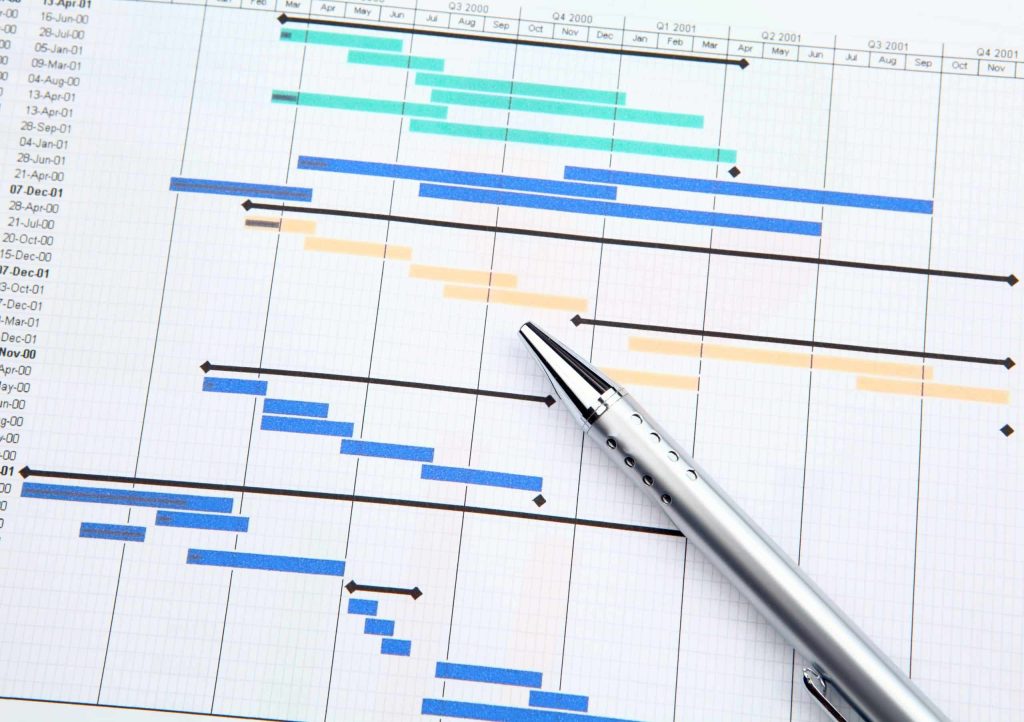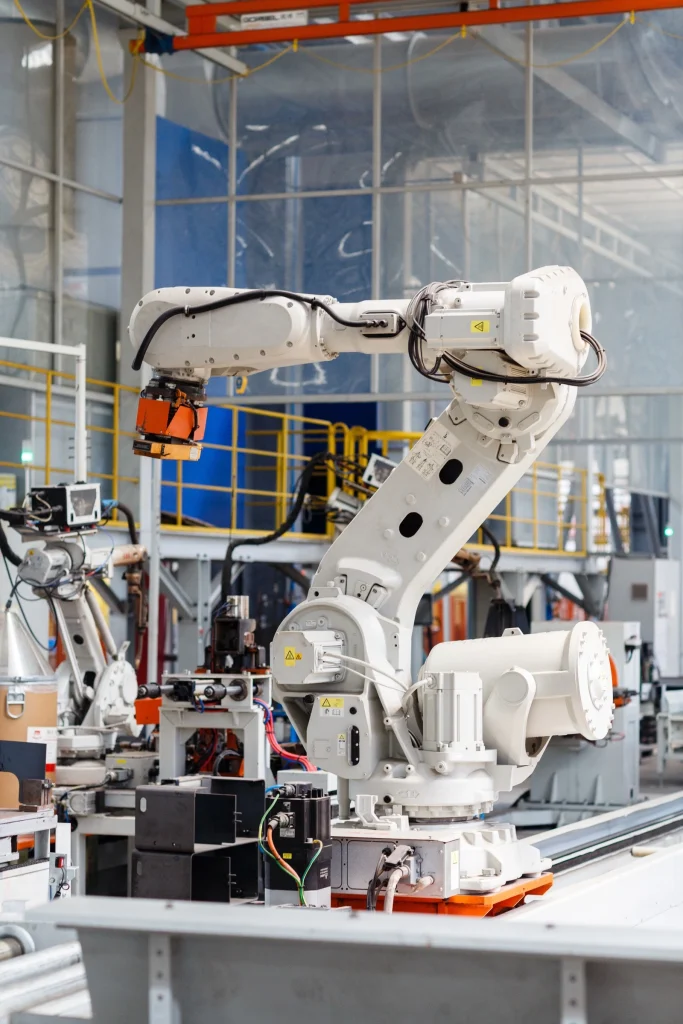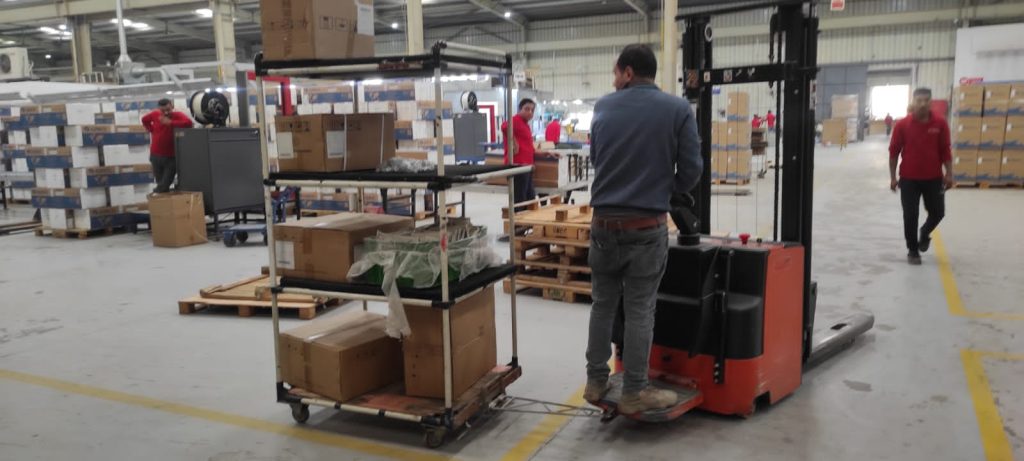AI Revolution in Project Management: Efficiency Unleashed

In the rapidly evolving landscape of project management, traditional approaches are giving way to groundbreaking technologies that are reshaping the way teams work together. At the forefront of this transformation is Artificial Intelligence (AI), a game-changing force that has the potential to revolutionize project management practices. Artificial intelligence is not a substitute for human intelligence; […]
The Impact of Automation on Production Efficiency and Cost Savings in Manufacturing

Manufacturing has undergone a dramatic transformation with the advent of automation technology. As demand for greater productivity, lower costs, and enhanced product quality continue to escalate, many manufacturers are relying on automation to meet these challenges head-on. This article delves into the various ways in which automation is revolutionizing manufacturing processes and the benefits it […]
Orthoplex Solutions starts Consulting Services in MENA

At Orthoplex Solutions, we are known for our consulting and automation framework improvements in Northern America. One of our key partners in the MENA region is Fresh Electric, a significant corporation manufacturing fans, gas cookers, air conditioner units, and other home appliances. They operate over 10 industrial plants across Egypt and export to over 20 […]

